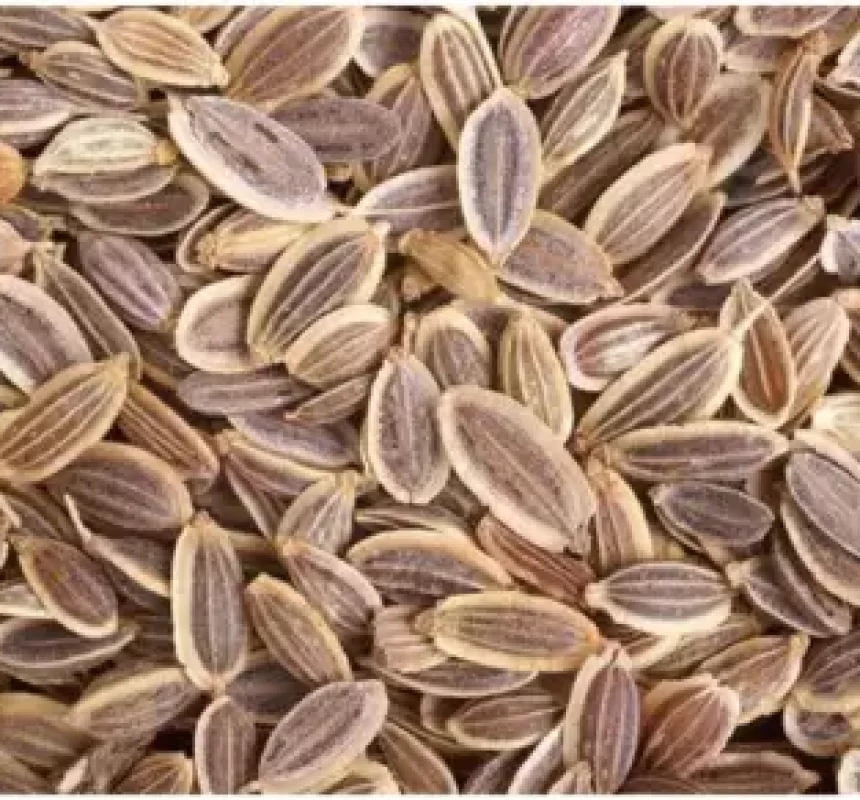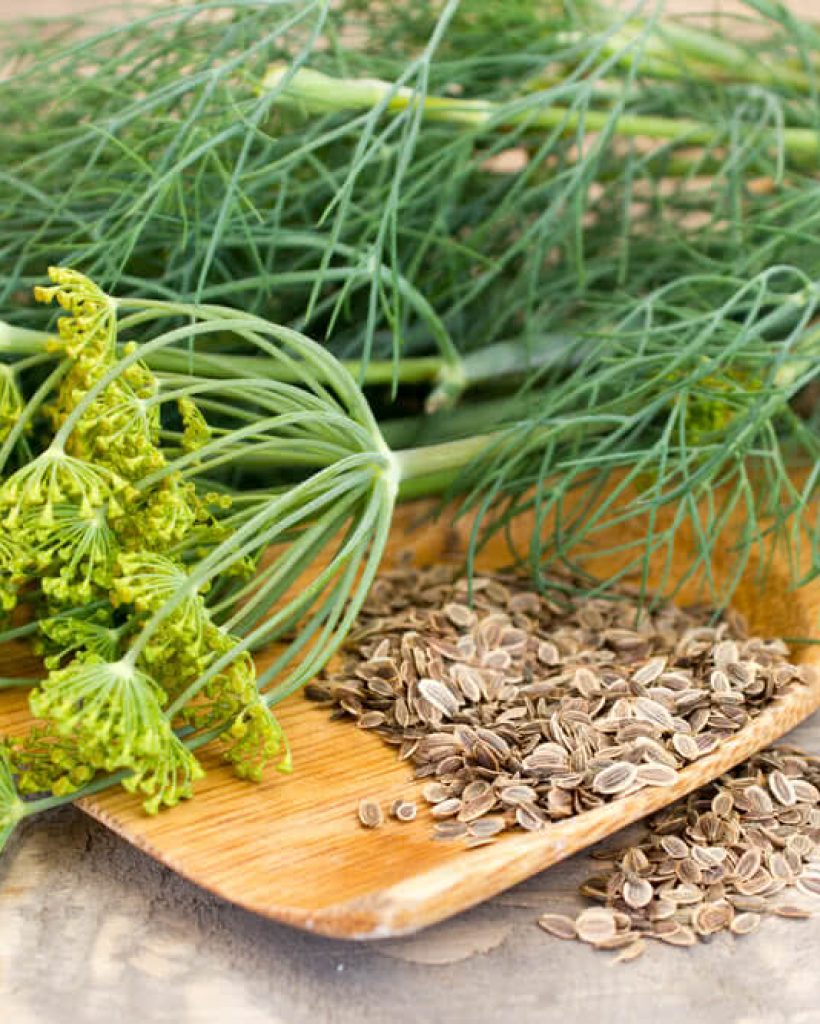Location
315, Aakanksha Complex
Gondal Road, Rajkot - 360002
Call Us
+91 82384 65908


Dill seeds originated within an area around the Meditteranean and the South of Russia. Zohary and Hopf remark that “wild and weedy types of dill are widespread in the Mediterranean basin and in West Asia.” Although several twigs of dill were found in the tomb of Amenhotep II, they report that the earliest archeological evidence for its cultivation comes from late Neolithic lake shore settlements in Switzerland. Traces have been found in Roman ruins in Great Britain.
Dill is often associated with cooking. Dill pickles, as well as meat, fish, egg dishes, and some breads are all popular culinary uses of this versatile herb. Both the seeds and the plant itself are used in cooking, making this two-season herb a very versatile addition to the kitchen.
Dill, either the seeds or the leaves, can be soaked in vinegar to create a flavorful addition to dishes such as potato salad, soup, or green salads.
Oil of dill is used in perfumes and sometimes in the preparation of soaps.
Dill tea can be beneficial to individuals suffering from upset stomach and/or diarrhea, menstrual pain, bad breath, and cough and flu symptoms. The tea is made by steeping two teaspoons crushed dill seed in one cup boiling water for ten minutes; strain. A milder tasting dill tea can be achieved by combining one teaspoon of the dried dill leaves with one cup boiling water; strain. As noted previously, drinking dill tea can aid in the production of milk for lactating mothers.
WhatsApp us